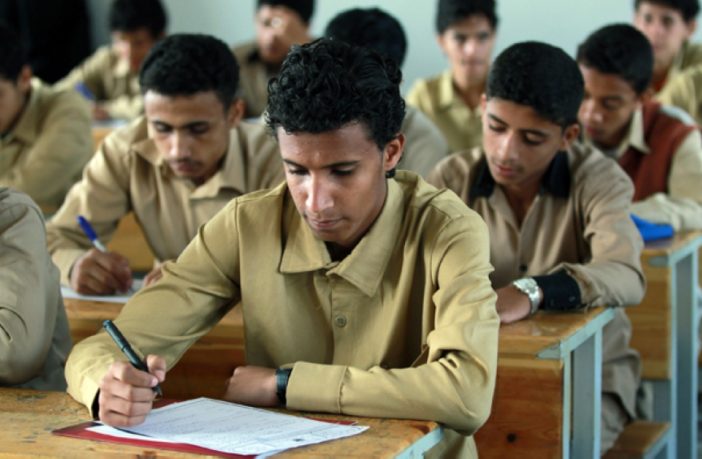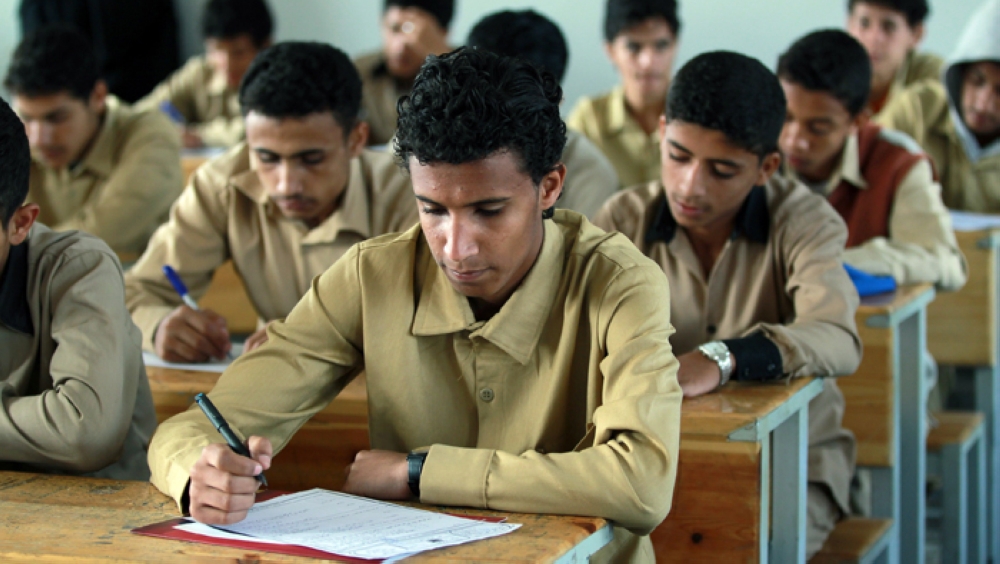CNBC
Holly Ellyatt | @HollyEllyatt
The majority of young Arabs believe the Middle East has moved in the wrong direction in the last 10 years, according to a regional survey of 18 to 24 year olds.
The Arab youth interviewed said Islamic State and the Arab Spring had had the biggest impact on the region in recent years.
The ASDA’A Burson-Marsteller Arab youth survey, published Tuesday, revealed that 55 percent of young Arabs believe their region has moved in the wrong direction, compared to 40 percent that felt it had gone in the right direction.
Young people aged 18 to 24 in the Levant — an area including Lebanon, Jordan, Yemen and Iraq — were particularly unhappy with 85 percent feeling the Arab world had moved in the wrong direction.
In comparison, only 34 percent of respondents in Gulf countries and 49 percent from North Africa believed that the region was going in the wrong direction.
The survey didn’t allow respondents to specify exactly how the region had gone in the wrong direction, but asked what changes were necessary for the Arab world to move in the right direction over the next 10 years. Arab youths said the top priorities were actions against terrorism, job creation, modernizing the education system and cracking down on government corruption.
The ASDA’A Burson-Marsteller Arab youth survey was launched in 2008 and is the largest survey of its kind of the Middle East’s largest demographic, a region notable for its predominantly young population.
The survey is conducted with 3,500 face-to-face interviews with young Arabs between 18 and 24 with an equal amount of men and women interviewed from Gulf Cooperation Council (GCC) countries, North African countries, the Levant and Palestinian territories.
Arab Spring seen negatively
The Arab youth interviewed said that militant group Islamic State and the Arab Spring (of late 2010/2011) had had the biggest impact on the region in the last decade and both were seen as being a negative.
While 88 percent of those surveyed said the so-called Islamic State, or ISIS, had had a negative impact, 56 percent said the Arab Spring had been negative, an interesting statistic given that the regional uprisings were largely driven by young people.
The Arab Spring, which started in Tunisia in late 2010 and spread throughout the Middle East, was largely seen as a positive event in the West with dictatorial leaders overthrown in Egypt, Libya and Tunisia. At the time too, young people in the countries saw the toppling of decades-old regimes as the start of a new more positive era.
Now, the survey shows that many young Arabs, particularly those in the Levant (and more so than those in the Gulf or North Africa), are pessimistic about the future with 72 percent of Levant young people stating that their best days are “behind us” rather than 82 percent of Gulf youth, or 62 percent of the North African youth, who said the best days are “ahead of us.”
Pessimism in the Levant is not misplaced. Social uprisings, wars and revolutions — particularly in the region which includes Iraq, Yemen and Lebanon (and Palestinian Territories have been included in this group — and the overthrowing of long-standing governments and rulers has created power vacuums, economic and political chaos and long-running and bloody sectarian battles for control.
The survey noted that the outlook of young people in the Levant had become bleaker in the past two years despite the slow demise and loss of territory for ISIS, largely driven out of Syria and Iraq.
Still, only 50 percent of the youth in the Levant believed Islamic State and its ideology would be defeated.
Holly Ellyatt
Correspondent, CNBC.com








